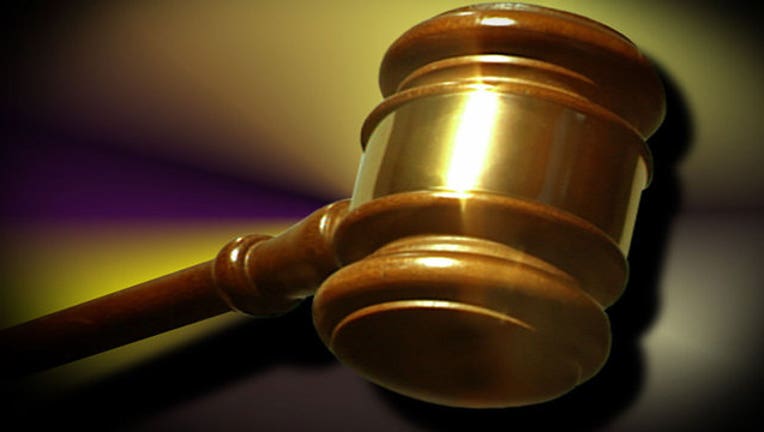Trial or deal? Some driven to plead guilty, later exonerated

According to an estimate by the National Registry of Exonerations, more than 300 of the more than 1,900 people who have been exonerated in the U.S. since 1989 pleaded guilty. The registry is maintained by the University of Michigan Law School using public information, such as court documents and news articles.
Last year, 68 out of 157 exonerations were cases in which the defendant pleaded guilty, more than any previous year.
Critics say the numbers reflect an overwhelmed criminal justice system with public defenders who have more cases than they can handle and expedience on the part of court officials, who can save the government money with plea bargains compared with costly trials.
"Our criminal justice system has lost its way," said David O. Markus, a prominent Miami defense attorney. "For a long time, it was our country's crown jewel, built on the principle that it was better that 10 guilty go free than one innocent be wrongfully convicted. Now sadly, the system accepts and even encourages innocent people to plead guilty."
In the 1970s and 1980s, state and federal lawmakers reacted to rising crime rates by imposing mandatory minimums and other sentencing laws to crack down on felons. As the penalties and risk of going to prison grew, so did the percentage of defendants who opted to plead guilty.
Last year, more than 97 percent of criminal defendants sentenced in federal court pleaded guilty compared with about 85 percent more than 30 years ago, according to data collected by the Administrative Office of the U.S. Courts. The increase in guilty pleas has been a gradual rise over the last three decades.
No entity gathers statistics for all state courts, but prosecutors, defense attorneys and law professors say they have also seen more cases at that level resolved by guilty pleas and fewer cases going to trial.
"When the penalties are so high, no one wants to take the risk of going to trial because if you lose, you're going to go away for a long, long time," said Jed Rakoff, a federal judge in New York.
No one knows exactly how many innocent people are behind bars for pleading guilty. Sociologists have estimated that between 2 and 8 percent of people who plead guilty are in fact innocent, said Rakoff, who has studied the issue for years.
___
Follow Alanna Durkin Richer and Curt Anderson on Twitter at https://twitter.com/aedurkinricher and https://twitter.com/Miamicurt . Their work can be found at http://bigstory.ap.org/journalist/alanna-durkin-richer and http://bigstory.ap.org/content/curt-anderson .

